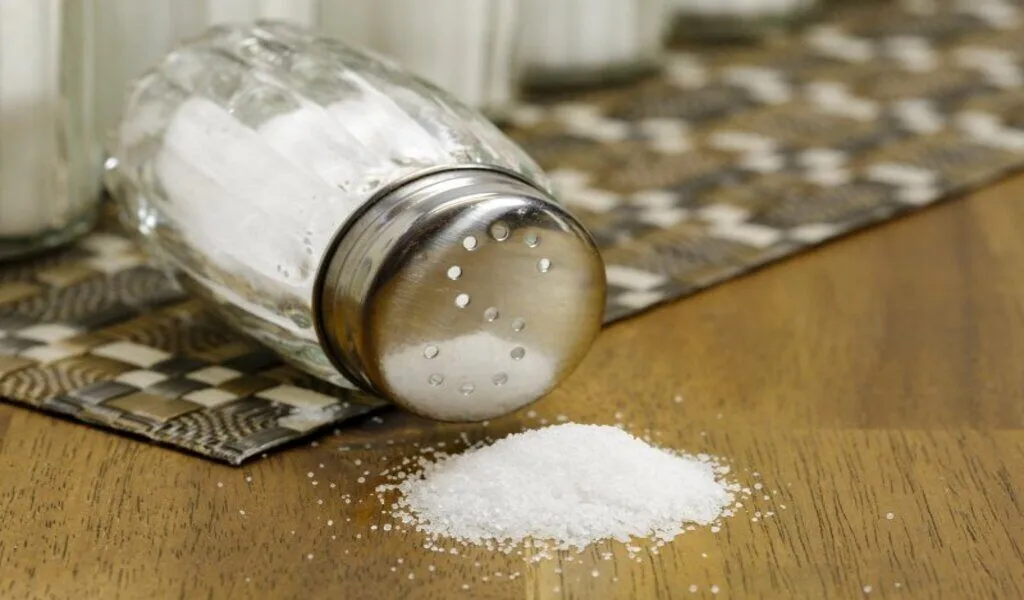Health
The Risk Of Chronic Kidney Disease May Rise When Food Is Salted.

(CTN News) – New research has confirmed that individuals who habitually add extra salt to their meals are not benefiting their Kidney Disease.
This finding remains consistent even after taking into account other health factors such as being overweight, lack of exercise, and smoking or drinking. Dr. Lu Qi and his team from Tulane University’s Obesity Research Center in New Orleans concluded that adding salt to foods is associated with an increased risk of chronic kidney disease in the general population.
Previous studies conducted by Qi and his colleagues have shown that adding salt to meals also increases the likelihood of heart disease, Type 2 diabetes, and shortened lifespans.
However, the connection between table salt and the risk of kidney disease in the general population has not been extensively researched. To address this gap, the researchers analyzed data from over 465,000 individuals, with an average age of 56,
Who did not have kidney disease at the start of the study.
The participants’ health and lifestyle were monitored from 2006 to 2023 through the UK Biobank health database. For the study, more than 22,000 cases of kidney disease were identified.
The findings revealed that individuals who frequently added salt to their food had a higher likelihood of developing kidney problems, and this risk increased with the frequency of salt usage.
In comparison to individuals who never use salt, those who occasionally added extra salt had a 4% higher risk of kidney disease.
Moreover, individuals who usually added salt had a 7% higher risk, while those who always added salt experienced an 11% increase in risk.
These risk estimates were determined after considering lifestyle factors commonly associated with excessive salt consumption, such as overweight/obesity, smoking, drinking, lack of exercise, diabetes, hypertension, and other related issues.
The study was published in the Thursday edition of the journal JAMA Network Open. The researchers highlighted various physiological issues that connect high sodium intake with impaired kidney function, including hormonal changes and increased oxidative stress on the kidneys.
Based on their findings, the Tulane investigators suggest that reducing salt intake in food could serve as a potential intervention strategy for preventing chronic kidney disease.
SEE ALSO:
Mpox Outbreak In Congo Raises Concerns Of Discrimination Against LGBTQ+ Communities




























